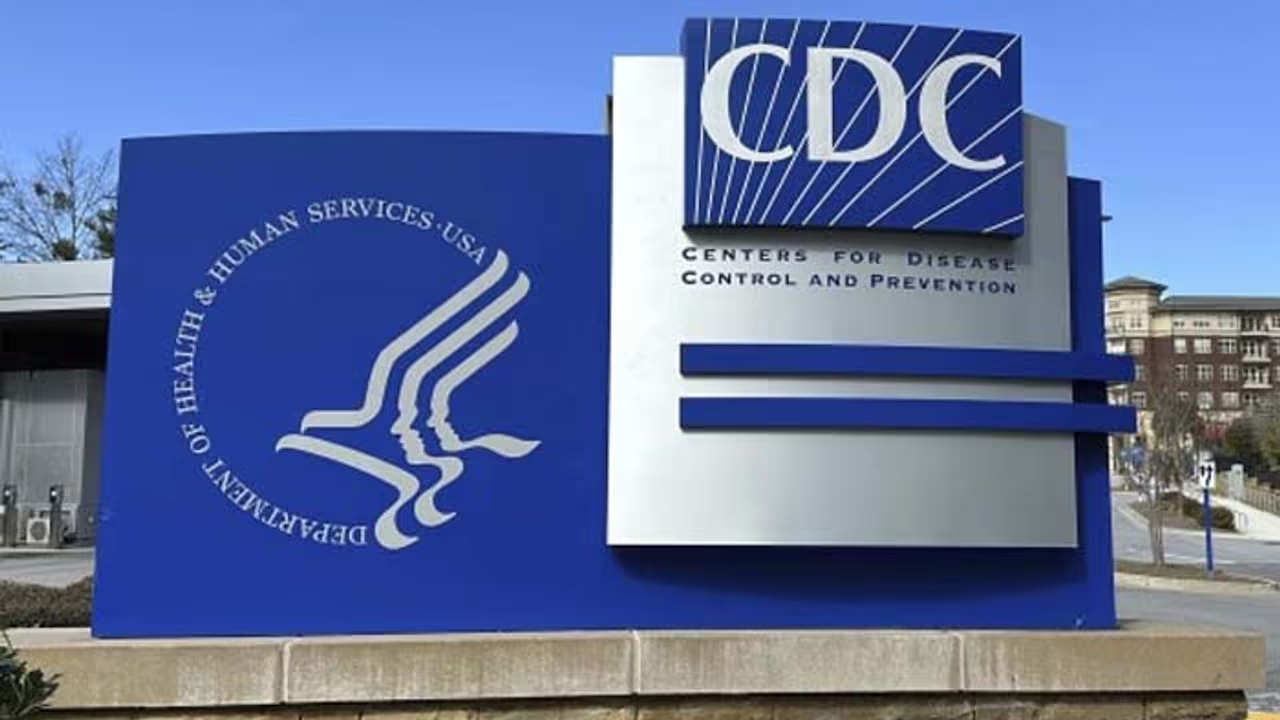Recent CDC budget cuts have raised concerns about their impact on women's reproductive health, potentially limiting access to updated contraception guidelines and essential medical research.
Recent budget cuts at the Centers for Disease Control and Prevention (CDC) have raised concerns among healthcare professionals, particularly regarding women’s reproductive health. The elimination of key teams responsible for contraception research and guidelines may lead to limited access to updated medical recommendations, affecting millions of women.

Loss of Contraception Research and Guidelines
The CDC previously maintained a dedicated team that aggregated and disseminated best practices for contraception. This team was responsible for updating the U.S. Medical Eligibility Criteria for Contraceptive Use, a trusted resource for doctors. With its removal, healthcare providers may struggle to access up-to-date contraception guidelines, potentially affecting patient care.
Doctors relied on CDC recommendations to navigate birth control options for patients with specific conditions. The absence of updated guidelines could lead to misinformed contraceptive choices, affecting women’s ability to access safe and effective birth control methods.
Challenges for Healthcare Providers
Busy physicians often used the CDC’s contraception app, which provided quick access to medical recommendations. The app had been downloaded 440,000 times, proving its importance in clinical settings. Without regular updates, doctors may face difficulties in providing evidence-based contraceptive care.
The lack of updated contraception guidelines could result in:
Increased unintended pregnancies due to outdated birth control recommendations.
Higher health risks for women with medical conditions requiring specialized contraceptive advice.
Limited patient-centered care, as doctors may lack the latest research to guide their decisions.
The CDC cuts were part of a broader reduction in the Women’s Health and Fertility Branch. Experts fear that without dedicated research teams, future advancements in reproductive health may slow down, leaving gaps in medical knowledge and patient care.
The CDC budget cuts pose a significant challenge to women’s reproductive health, affecting contraception accessibility, medical guidelines, and healthcare provider resources. As doctors and policymakers navigate these changes, ensuring continued research and updated medical recommendations will be crucial for safeguarding women’s health.


